How do humanitarian aid workers think and act?
This work focuses on how humanitarian organisations operate, including their members, affiliations, messages, practices and cultures. Aid to refugee, displaced, deported, exiled and interned populations plays a central role in humanitarian action both now and in the past. What types of aid are provided to internees and displaced persons? What kinds of obstacles and dilemmas does it face? What sorts of practical, political and ethical questions are raised by the participation of humanitarian organisations in population displacement and internment policies?
 Analysis
Analysis
Independance and security
12/05/2006MSF is an independent organisation that carefully protects its autonomy. In this article, Xavier Crombé draws the connection between this founding principle and the issue of security for humanitarian actors.
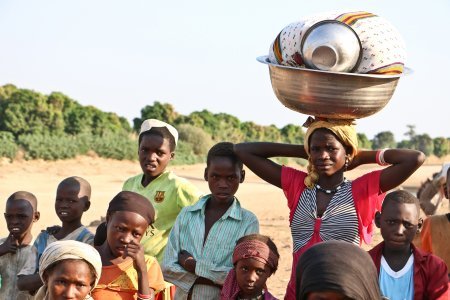 Analysis
Analysis
Dangerous liaisons: bearing witness and political propaganda
10/01/2006All observers agree that in many respects, the Biafran War of 1967-70 was the founding event of the modern humanitarian aid movement. First, it was the scene of the first large-scale action by private aid groups and the Red Cross in a post-colonial world.
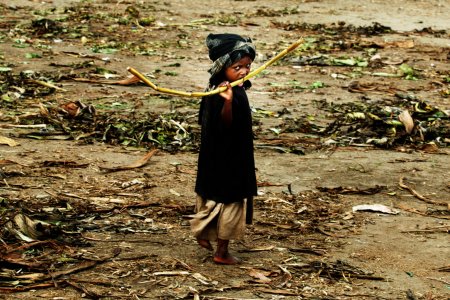 Juan Carlos Tomasi
Analysis
Juan Carlos Tomasi
Analysis
The Food Emergency in Ethiopia: What the Drought Conceals
03/01/2003Fabrice Weissman highlights the political factors at work behind the threat of famine - which, though very real, cannot be fully explained by natural causes - and casts a critical eye on the relief system, as well.
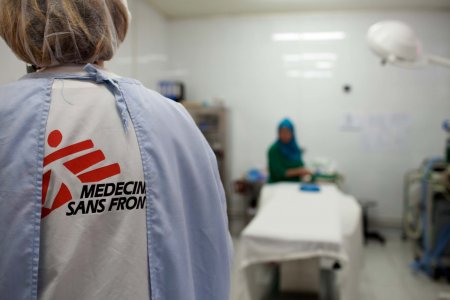 Amador Gullar
Opinion
Amador Gullar
Opinion
Humanitarian action victim of its own success
01/01/2003The international aid regime tends to exaggerate changes over the last decade in the nature of so-called humanitarian crises. Neither violence perpetrated against civilian populations nor the dilemmas posed to aid organisations attempting to assist them have worsened since the end of the Cold War.
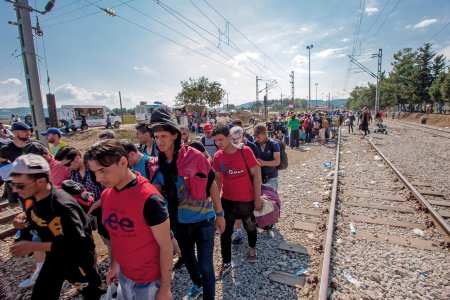 Borja Ruiz Rodriguez
Opinion
Borja Ruiz Rodriguez
Opinion
Codes of conduct: whose interests do they serve?
01/01/2003As the USA announces its decision to suspend food aid to North Korea - one of the largest beneficiaries of global food aid - Fiona Terry reveals the true political issues behind the decision, and reminds us of how "humanitarian" assistance is used to bolster one of the planet's most oppressive regimes.
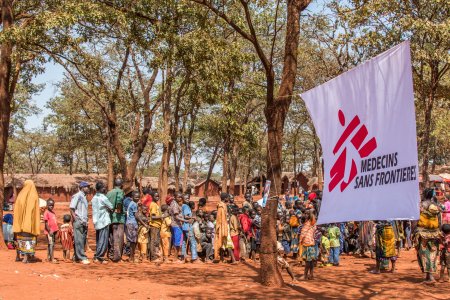 La responsabilité humanitaire
Analysis
La responsabilité humanitaire
Analysis
Humanitarian Responsability
11/01/2001Rony Brauman reminds us that humanitarian organisations cannot evaluate their actions solely by the yardstick of the means they implement, but that they have a responsibility to consider the real consequences of their actions.
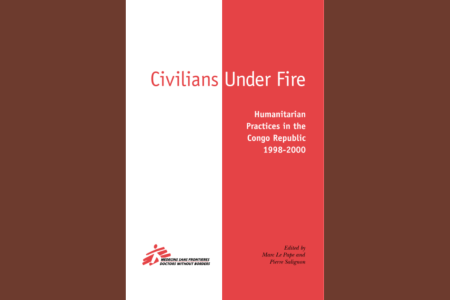 Book
Book
Civilians Under Fire
10/01/2001In the face of violence, how does a medical relief organization react and respond? This book is an account of one experience; it describes and analyzes the characteristics of one intervention: that of Médecins Sans Frontières in Congo Brazzaville in 1998-2000.
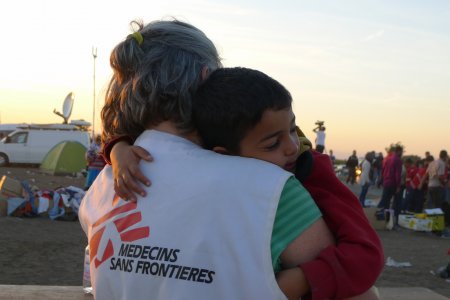 Ana Lemos
Opinion
Ana Lemos
Opinion
The Deadly Secrets of north korea
09/04/2001In this article, Fiona Terry discusses the tragic situation of the North Korean people, despite North Korea being one of the world's largest beneficiaries of food aid.
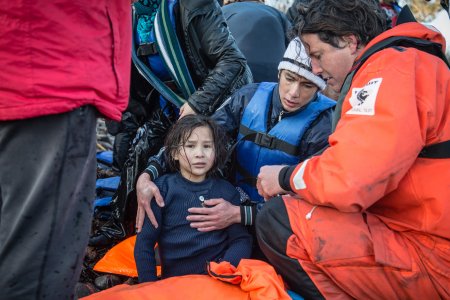 Will Rose
Articles and blog
Will Rose
Articles and blog
The Limits and Risks of Regulation Mechanisms for Humanitarian Action
10/01/2000This brief article aims to clarify some of the central concerns held by organisations like Médecins sans Frontières as regards the approach and the application of uniform set of standards to respond to the needs of people in distress.
